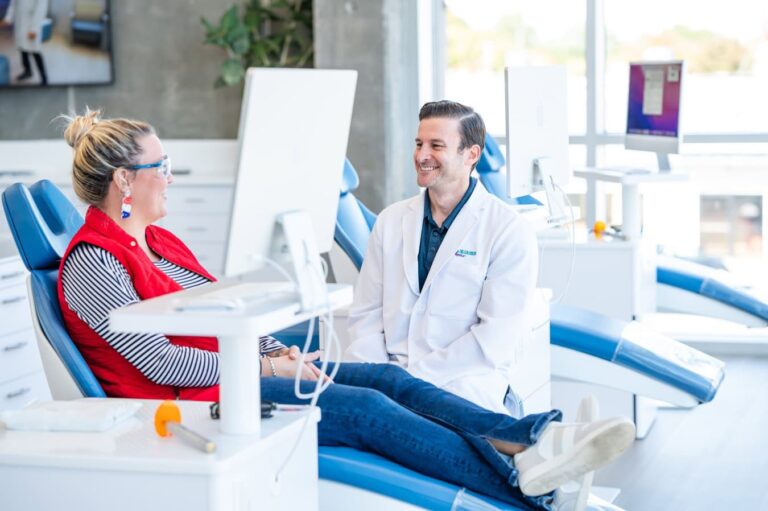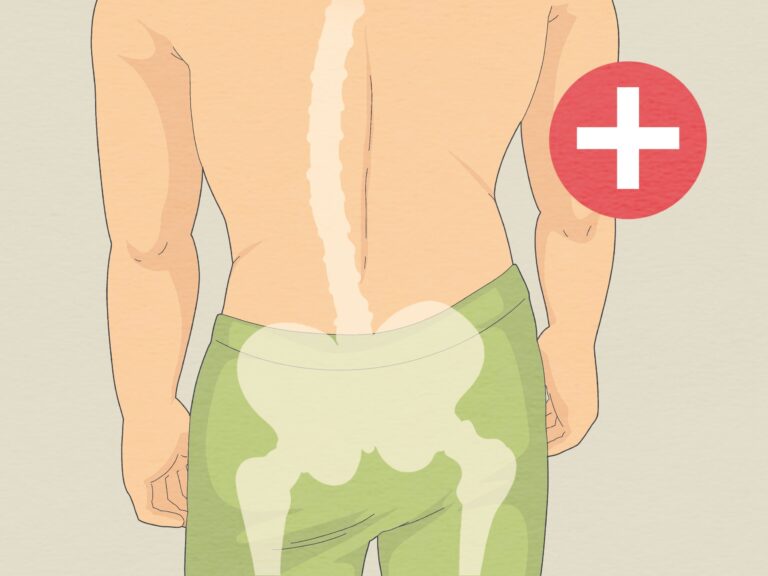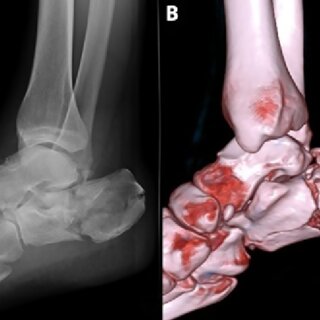The Connection Between Back Pain and Lifestyle Choices

Back pain is often linked not just to injuries or medical conditions, but also to daily lifestyle choices. Poor posture and even stress can all contribute to discomfort and long-term spinal issues. Understanding the connection between pain in the back and lifestyle habits helps individuals make healthier choices that reduce pain and improve mobility.
Posture and Daily Habits
How you sit, stand, and move throughout the day directly affects your spine health. Poor posture puts extra stress on your back muscles and spine bones. When you slouch while sitting at a desk or hunch over your phone, you force your spine into unnatural positions.
Sitting for long periods can weaken your core muscles, which are key to supporting your back. Your core muscles act like a natural brace around your spine. When these muscles become weak from prolonged sitting, your spine has to work harder to maintain your upright posture. This extra work leads to muscle strain and back pain. Bad lifting habits also contribute to sore back problems. Lifting heavy objects with a bent back, rather than using your legs, puts dangerous pressure on your spine.
Exercise and Physical Activity
Regular movement keeps your back muscles strong and your spine flexible. When you don’t exercise enough, your muscles get weak and tight. Weak muscles can’t support your spine properly, which may lead to pain and injury.
Physical activity pumps nutrients to the discs in your spine. These discs act like cushions between your spinal bones. Without sufficient movement, these discs don’t receive the necessary nutrients to remain healthy. This often causes disc problems that result in severe back pain. Activities like walking, swimming, and gentle stretching keep your spine healthy.
Diet, Weight, and Back Discomfort
Carrying extra weight places further strain on your spine. Each extra pound you carry adds pressure to your spine bones and discs. Over time, this extra pressure can cause disc problems and muscle strain.
Your diet affects inflammation in your body, including inflammation around your spine. Foods high in sugar and processed ingredients can exacerbate inflammation, worsening back pain. Eating too much of these foods can also lead to weight gain, creating a double problem for your back.
Poor nutrition can also slow down healing when you have back problems. Your body needs proper nutrients to repair damaged tissues and maintain strong bones. A diet lacking in fundamental nutrients makes it harder for your back to heal from injury or strain.
Stress, Sleep, and Lifestyle Balance
High stress levels can make back pain worse by causing your muscles to tense up. When you’re stressed, your body goes into fight-or-flight mode, which tightens your muscles. This muscle tension can create or worsen existing back problems.
Poor sleep quality affects how your body heals and manages pain. During sleep, your body repairs damaged tissues and muscles. When you don’t get enough quality sleep, your back doesn’t have time to recover from the daily stress it experiences. This exacerbates existing back discomfort and increases your risk of developing new problems.
Schedule Your Back Pain Appointment Today
Your lifestyle choices have a direct impact on your back health through multiple pathways. Sedentary behavior weakens your core muscles, excess weight strains your spine, and poor habits like smoking reduce healing ability. Making positive changes to your daily routine can help prevent and effectively manage back pain. If you’re already experiencing chronic back pain that interferes with your daily activities, schedule an appointment with a specialist for evaluation and targeted treatments.
- What to Expect When Visiting a Foot and Ankle Specialist
- Causes of PTSD
- The Link Between Plantar Fasciitis and Weight Gain: What You Need to Know
- How Pet Ownership Can Positively Impact Life with Fibromyalgia
- The Importance of Stretching and Flexibility in Sports Medicine
Dr. Emma Green is a health and wellness expert with over 10 years of experience in nutrition and fitness. Passionate about helping others live their healthiest lives, Dr. Green shares practical advice on wellness, nutrition, and sustainable living through LivingSpristine.






